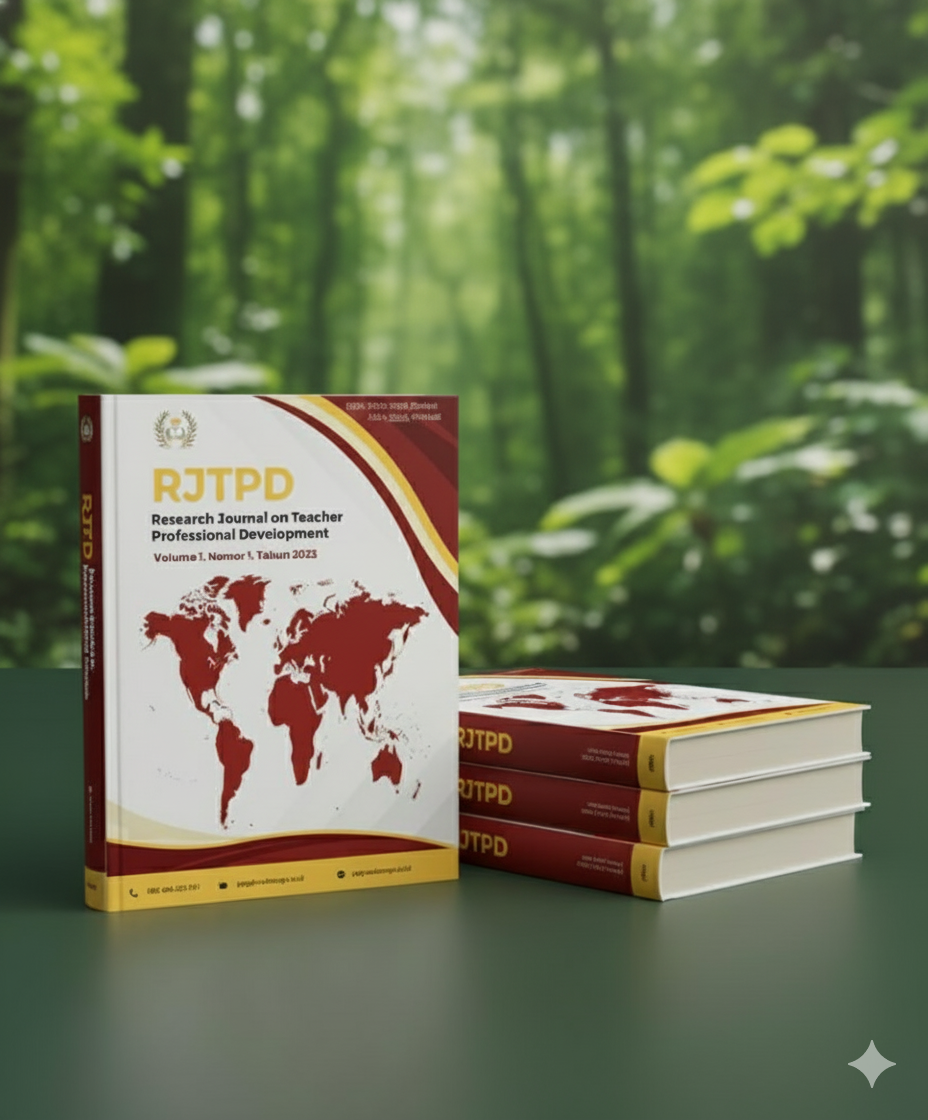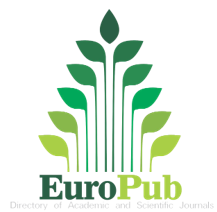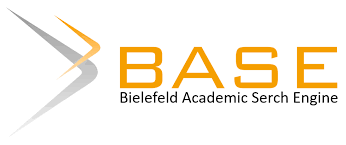Improving Social Skills and Learning Outcomes with Carousel Feedback and Inside Outside Circle Modification Methods
DOI:
https://doi.org/10.21580/rjtpd.v2i1.18528Keywords:
social skills, learning outcomes, Carousel Feedback and Inside Outside Circle modification methodsAbstract
This research aims to improve students' social skills and cognitive learning outcomes in sociology subjects by utilizing the modified Carousel Feedback and Inside Outside Circle methods. This research is classroom action research carried out in two learning cycles. Each cycle consists of planning stages, implementing actions, observing and reflecting. Research data was collected through observation, learning outcomes tests, interviews, questionnaires and documentation studies. The results of this study revealed significant improvements in several aspects. The implementation of learning by teachers increased by 11.25%, while the implementation of learning by students increased by 14.36%. In particular, there was a very striking increase in students' social skills, amounting to 43.54%, and students' cognitive learning outcomes in sociology subjects increased by 60.96%. The implication of this research is that the application of the modified Carousel Feedback and Inside Outside Circle methods can significantly improve students' social skills and cognitive learning outcomes in sociology subjects. This has an important impact because it helps students prepare to face future challenges. With consistent improvements in the implementation of teacher and student learning, as well as substantial improvements in social skills and cognitive learning outcomes, this model is worthy of application in a broader educational context to provide greater benefits for students.
Downloads
References
Ali, M. Y. (2013). Application of Inside-Outside Circle (IOC) Cooperative Learning Model to Improve Learning Outcomes of Fairy Tale Appreciation of Class Viic Students Mtsn Juwet Ngronggot Nganjuk (Doctoral dissertation, State University of Malang).
Anderson, L. & Krathwohl, D. 2015. Foundation Framework for Teaching and Assessment Learning. Yogyakarta: Student Library.
Martha, J. A. (2014). Application of Learning Carousel Feedback and Showdown Model in Entrepreneurship Subjects to Improve Learning Outcomes, Activeness, and Self-Efficacy. Journal of Entrepreneurship and Entrepreneurship, 3(1, 2), 95-104.
Casey, A., & Goodyear, V. A. (2015). Can Cooperative Learning Achieve the Four Learning Outcomes of Physical Education? A review of literature. Quest, 67(1), 56-72.
Clapper, T. C. (2015). Cooperative-Based Learning and the Zone of Proximal Development. Simulation &; Gaming, 46(2), 148-158.s
Degeng, I.N.S. 2009. Collection of UM Professor Inaugural Speeches, Volume 1. Looking for a New Paradifma of Problem Solving, Learning from Order to Clutter. Malang: UM Press.
Dewi, S. S., Uswatun, D. A., &; Sutisnawati, A. (n.d.). Application of the Inside Outside Circle model to improve students' communication skills in science learning in higher grades.
Ebrahim, A. (2012). The Effect of Cooperative Learning Strategies on Elementary Students'science Achievement and Social Skills in Kuwait. International Journal of Science and Mathematics Education, 10, 293-314.
Fink, E., de Rosnay, M., Peterson, C., & Slaughter, V. (2013). Validation of the Peer Social Maturity Scale for Assessing Children's Social Skills. Infant and Child Development, 22(5), 539-552.
Genç, M. (2016). An evaluation of the cooperative learning process by sixth-grade students. Research in Education, 95(1), 19-32.
Gillies, R. M. (2003). Structuring Cooperative Group Work in Classrooms. International Journal of Educational Research, 39(1-2), 35-49.
Gillies, R. M. (2004). The Effects Of Cooperative Learning On Junior High School Students During Small Group Learning. Learning and instruction, 14(2), 197-213.
Johnson, D. W., Johnson, R. T., & Roseth, C. (2010). Cooperative Learning In Middle Schools Interrelationship of Relationships and Achievement. Middle grades research journal, 5(1).
Julaifah, N. (n.d.). The effect of the feedback carousel learning model on the Higher Order Thinking Skills (HOTS) of elementary school students.
Kagan, S. & Kagan, M. 2009. Kagan Cooperative Learning. San Clemente: Kagan Publishing.
Kusuma, N. (2014). Use of Feedback Carousel Model to Improve Learning Outcomes of Map Material in Class XII Social Studies 1 Students of SMA Negeri 2 Madiun. Journal of Humanities Education, 1(1), 81-85.
Magnesio, S., & Davis, B. H. (2010). A Novice Teacher Fosters Social Competence with Cooperative Learning. Childhood Education, 86(4), 216-221.
Maryani, A. (2015). Penerapan Model Pembelajaran Role Playing Pada Mata Pelajaran Sosiologi Untuk Meningkatkan Kecerdasan Sosial Siswa Kelas XI IPS 2 SMA Negeri 5 Surakata Tahun Ajaran 2014/2015. Sosialitas; Jurnal Ilmiah Pend. Sos Ant, 7(1).
Nasikhin, N., Ikhrom, I., & Sutiyono, A. (2022). Sekolah online di masa pandemi COVID-19, bagaimana tanggapan guru dan siswa sekolah dasar?. Jurnal Muara Pendidikan, 7(1), 47-59.
Noge, M. D., Tegu, Y. I., & Kaka, P. W. (2020). Model Pembelajaran Kooperatif Tipe Inside-Outside Circle dalam Pembelajaran Bilingual Terhadap Hasil Belajar Siswa. Jurnal Kependidikan: Jurnal Hasil Penelitian dan Kajian Kepustakaan di Bidang Pendidikan, Pengajaran dan Pembelajaran, 6(3), 451. https://doi.org/10.33394/jk.v6i3.2640
Prastini, M., & Retnowati, T. H. (2014). Peningkatan Keterampilan Sosial dan Hasil Belajar IPS Melalui Model Kooperatif TGT di SMPN 1 Secang. Harmoni Sosial: Jurnal Pendidikan IPS, 1(2).
Sadewo, Y. D., & Purnasari, P. D. (2019). Peningkatan Hasil Belajar dan Self Eficacy Siswa Melalui Model Pembelajaran Carousel Feedback dan Showdown pada Mata Pelajaran Kewirausahaan (Studi Kasus pada SMA Negeri 1 Bengkayang). Sebatik, 23(2), 522–527. https://doi.org/10.46984/sebatik.v23i2.809
Sa’dijah, Cholis. 2011. Kemampuan Partisipasi dan Kerjasama Siswa dalam Pembelajaran Matematika Beracuan Kontruktivis dengan Setting Kooperatif. Makalah disajikan dalam Seminar Nasional Matematika, UNESA, Surabaya, 22 Oktober.
Sa’dijah, Cholis. 2008. Kemampuan Pemecahan Masalah Geometri Siswa SMP dapat Ditingkatkan Menggunakan Pembelajaran Matematika Bersetting Kooperatif. Makalah disajikan dalam Konferensi Nasional Matematika XIV, Program Studi Pendidikan Matematika Program Pascasarjana Universitas Sriwijaya.
Sarah, S., Rusdiyani, I., & Maryani, K. (2021). Pengaruh Model Pembelajaran Kooperatif Teknik Inside Outside Circle terhadap Keterampilan Motorik Kasar. Jurnal Anak usia dini holistik integratif (audhi), 3(2), 60. https://doi.org/10.36722/jaudhi.v3i2.594
Setyosari, P. 2009. Kumpulan Pidato Pengukuhan Guru Besar UM, Jilid 1. Pembelajaran Kolaborasi: Landasan untuk Mengembangkan Keterampilan Sosial, Rasa Saling Menghargai dan Tanggung Jawab. Malang: UM Press.
Siciliano, J. I. (2001). How to Incorporate Cooperative Learning Principles in The Classroom: It’s More Than Just Putting Students in Teams. Journal of Management Education, 25(1), 8-20.
Slavin, Robert E. 2008. Psikologi Pendidikan.Teori dan Praktik. Edisi kedelapan Jilid 1. Jakarta: PT Indeks.
Soetjipto, B.E. 2015. Pembelajaran Kooperatif Materi Kuliah Srategi dan Model-model Pembelajaran. Malang: tidak diterbitkan.
Thurston, A., Topping, K. J., Tolmie, A., Christie, D., Karagiannidou, E., & Murray, P. (2010). Cooperative Learning in Science: Follow‐up From Primary to High School. International Journal of Science Education, 32(4), 501-522.
Universitas Negeri Malang. 2010. Pedoman Penulisan Karya Ilmiah, Tesis, Disertasi, Artikel, Makalah, Tugas Akhir, Laporan Penelitian. Malang: Universitas Negeri Malang.
Whitener, J. L. (2016). Using the Elements of Cooperative Learning in School Band Classes in the United States. International Journal of Music Education, 34(2), 219-233.
Downloads
Published
Issue
Section
License
Copyright (c) 2024 sulistyowati sulistyowati sulis

This work is licensed under a Creative Commons Attribution-NonCommercial-ShareAlike 4.0 International License.
The copyright of the received article shall be assigned to the journal as the publisher of the journal. The intended copyright includes the right to publish the article in various forms (including reprints). The journal maintains the publishing rights to the published articles. Authors are allowed to use their articles for any legal purposes deemed necessary without written permission from the journal with an acknowledgment of initial publication to this journal.
















